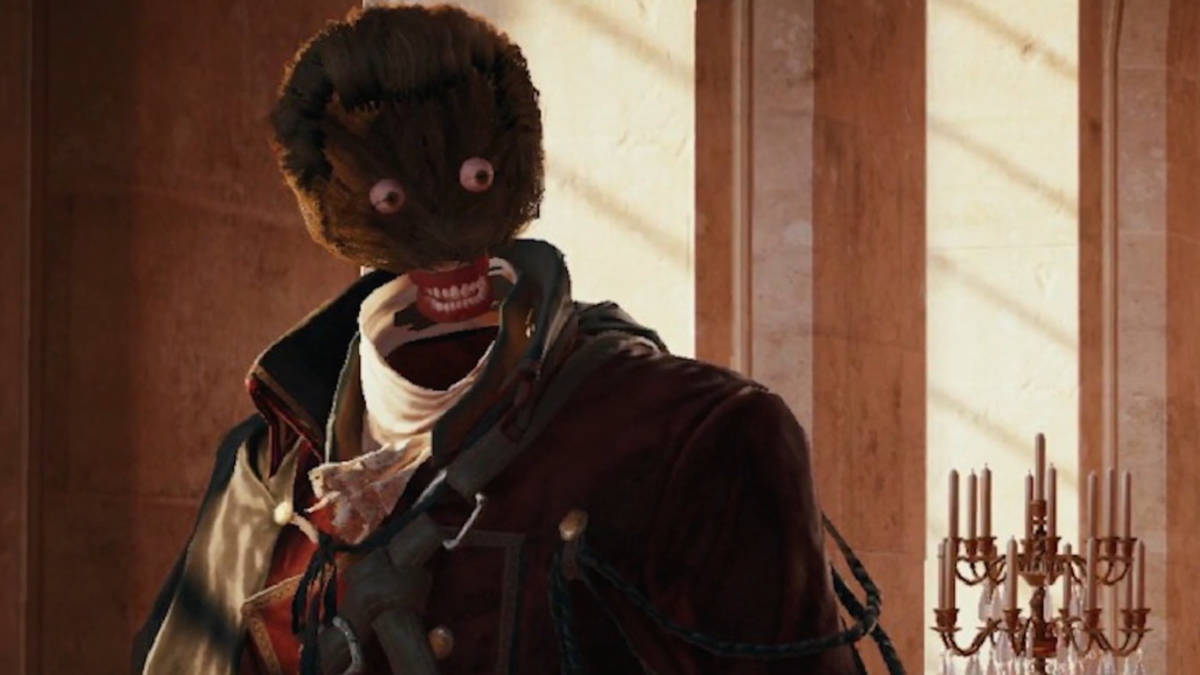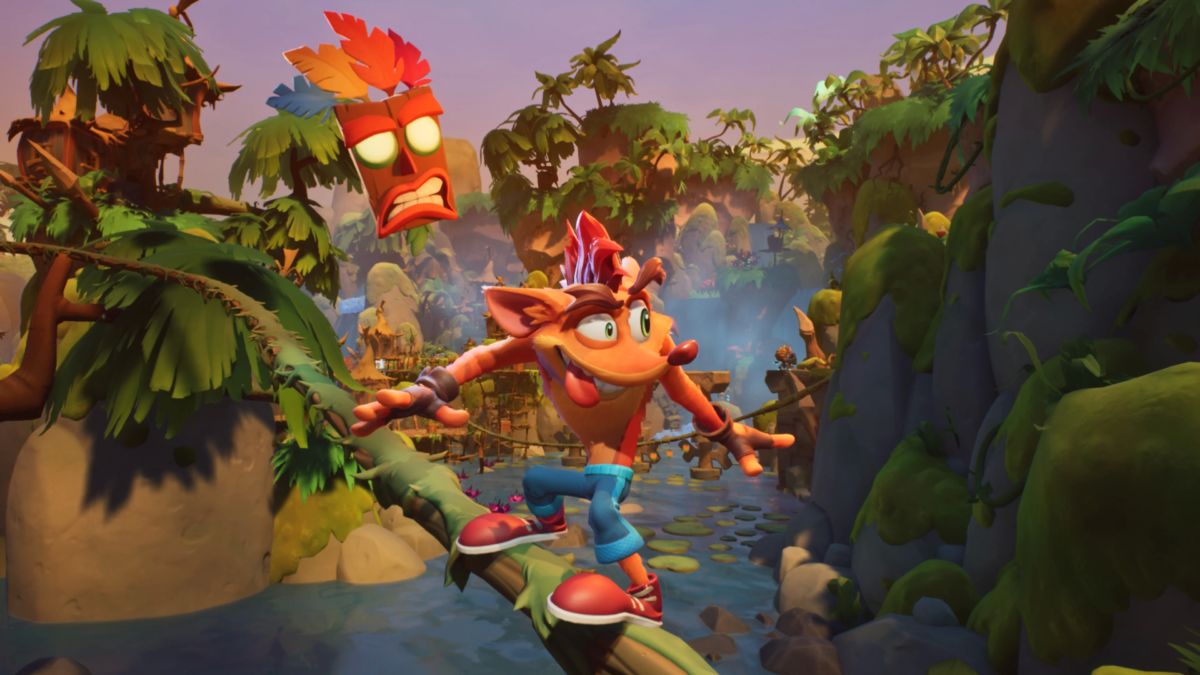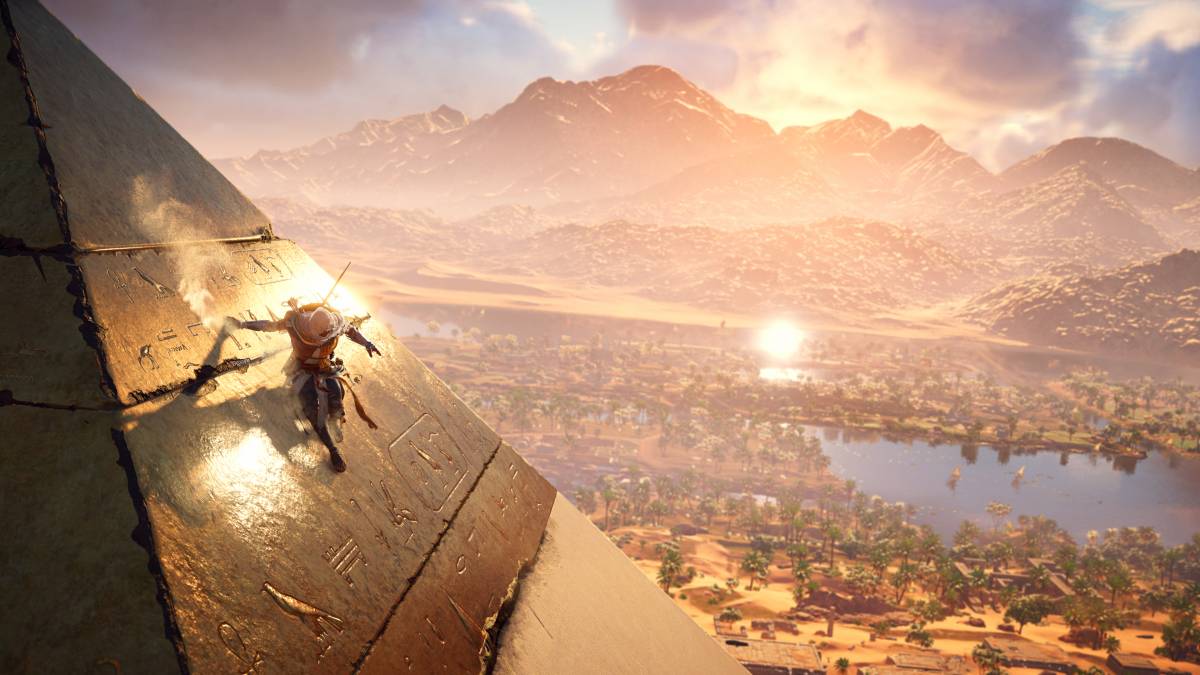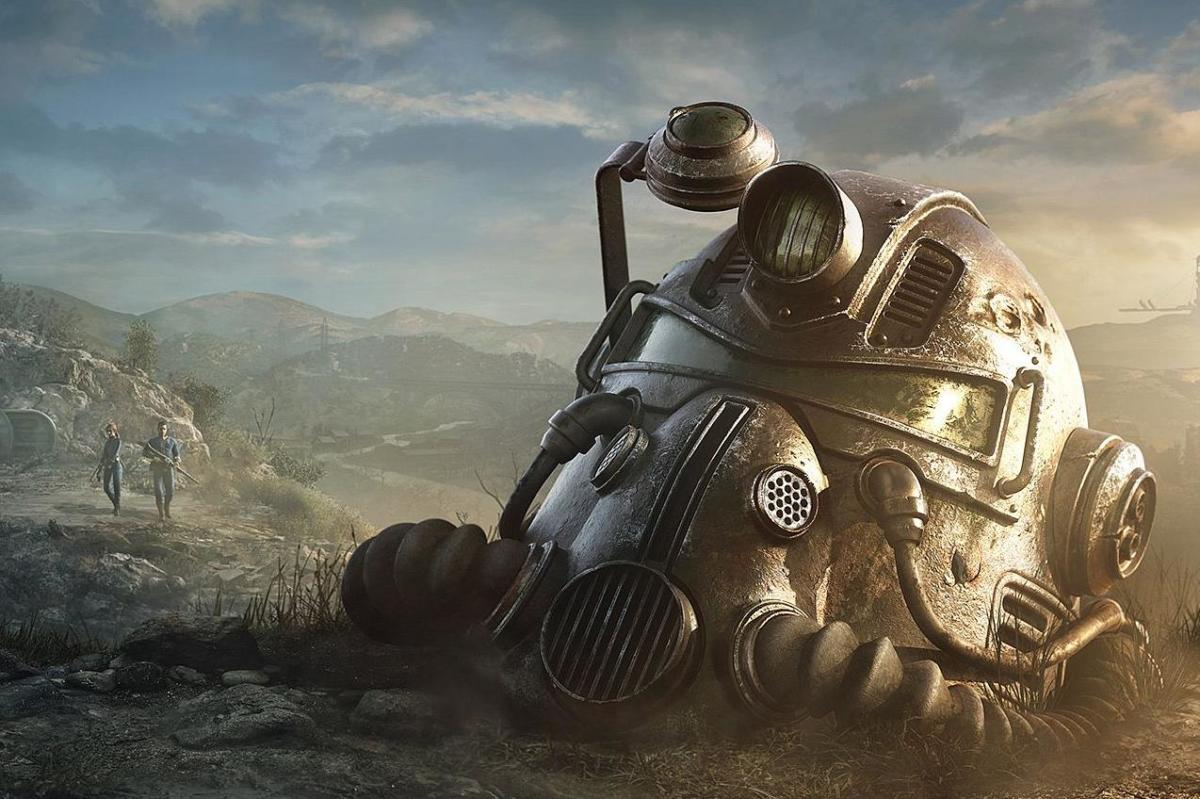Last week, Bethesda was trending on Twitter, with people speculating about the company’s release schedule for the next decade.
Many thought that it was ridiculous that the Elder Scrolls hasn’t had a proper mainline entry since 2011 and that Fallout too would probably suffer a similar fate with the way things were shaking out. Whether or not you view Elder Scrolls Online or Fallout 76 as legitimate sequels, it’s interesting that so many people want these highly anticipated franchises to come back right away. The Elder Scrolls V was a cultural event that got many people into the series, including those who’d never enjoyed playing games before.
Elder Scrolls is special to a lot of people and if a company has (so far) been willing to hold off the release of the next iteration of their game, it’s really for the best. More time allows studios to create better engines and features for games, and time allows studios to look at their games through different lenses to recapture or redefine what makes their franchise so captivating to its audience. The benefits of letting game franchises rest goes beyond simply making the game playable, but also making the experience memorable too.
Reevaluating a game’s design philosophy is key for many classic franchises to remain relevant over the years. Developers sometimes need the time to hone in on what makes that franchise so special in the first place, or even how to make it special again. Ubisoft worked with two development teams for their Assassin’s Creed games, meaning Assassin’s Creed Syndicate was already too far along in its development to change course from the release of Assassin’s Creed Unity, which has one of the lowest average scores in the franchise’s history.

After the release of Assassin’s Creed Unity, the series was having a little bit of an identity crisis. Syndicate may have been considered dead on arrival after following up an entry that most people believed took away what made Assassin’s Creed special in the first place. According to an article from Eurogamer, sales of Syndicate were drastically lower than the rest of the entries in the series due to Unity’s troubled launch. Ubisoft decided in 2016 to take a break from its yearly Assassin’s Creed releases, time off which was used to reevaluate how they could make Assassin’s Creed retain its blockbuster status.
In 2017, the franchise made a triumphant return with Assassin’s Creed Origins, a soft reboot that offered a new identity to the franchise where the lore leaned more into the myths of the game’s setting. Assassin’s Creed was lucky that it was largely able to succeed at turning its falling sales around with just a year of rest between releases. Ubisoft released Assassin’s Creed Odyssey the next year but chose to take another year between releases in 2019 to better support Odyssey with DLC expansions. They’ve shifted their focus to the quality of the product rather than meeting a yearly deadline consistently and that fills me with the hope that the franchise will be able to succeed for the foreseeable future.
Other franchises had to reevaluate their legitimacy after the amount of time they spent out of the public consciousness. Games like Crash Bandicoot were put on an indefinite hiatus altogether after years of being a part of the gaming landscape. The series had slowly deflated public interest due to some less than stellar releases with games like Crash of the Titans and Crash: Mind Over Mutant. These Crash games were developed by a different studio and they generally felt like cheap cash grabs rather than a continuation of the series people had grown to love.
Activision published the Crash Bandicoot N.Sane Trilogy in 2017, sparking a whole new wave of interest in the franchise. The attention was enough to create Crash Bandicoot 4: It’s About Time, a brand new sequel in the mainline series of the games for the first time in over 20 years. The highly anticipated revival made a return to the style and quality of the original trilogy developed by Naughty Dog while implementing new features, like the different mask abilities and remixed level challenges. Crash Bandicoot took a much-needed break so that when it returned, it could capitalize off the nostalgia of the original games while appealing to a new younger generation of gamers. The sequel may not have incorporated innovations that blew everyone away, but Crash was welcomed back with open arms.

It can be frustrating when all you want is another trip through your favorite game world, just with new features. It might seem simple enough to develop the game and launch it to the public, but what does that do to the franchise over time? Call of Duty, a game I used to play from the moment I woke up until I passed out at 3 in the morning, has tainted some of my goodwill with the abundance of releases. I don’t look back at Call of Duty: Modern Warfare 2 or Call of Duty: Black Ops with nostalgia anymore because I feel like those games are still being released every year.
The less there is of something, the more valuable it becomes, but the reverse is also true. If we keep demanding that new games are developed with consistently short time frames, we risk cheapening our experiences with those games in the long run. I have nothing against the new Call of Duty entries, but the yearly releases have largely catered to fans who look for new features rather than new experiences.
I’m not saying that franchises should never release because that definitely shouldn’t be the case, either. Games should release when their developers are genuinely happy with the direction they’ve taken the series. There are games like Call of Duty that can release more frequently because they have a different philosophy where they have multiple teams of developers who work with generally the same guidelines and restrictions. The management philosophy of those projects is to create products that are similar to one another while retaining a level of quality that is always playable at launch. Games like Elder Scrolls and Half-Life need more time to simmer to make sure the games are playable at launch and ensure that they are pushing the envelope to make those experiences fresh for players.
There are games that you can rely on to be regularly released, but there should also be ones that can release once a decade. When I think back to Skyrim, I think of my first experience playing through the game and it isn’t crowded by seven Skyrim-esque Elder Scrolls games that I struggle to differentiate between. We should appreciate Bethesda taking so long between the releases of their biggest franchises, especially when considering some of the less than stellar releases from AAA developers recently, Bethesda themselves included.
Bethesda’s release of Fallout 76 hurt me. A company I associated with quality experiences released a game that was, in many ways, unplayable. Though Skyrim was released with some bugs, they didn’t prevent me from playing through its world for extended periods of time. Fallout 76 didn’t even have the bare minimum level of polish that Skyrim had at release and it would take several large updates to get the game to an enjoyable state for many players. I don’t want these franchises that have left such positive memories for me to be tainted by rushed development cycles, lack of ideas, or dulled passions.
These quintessential franchises we clamor for are great games that deserve sequels in many cases, but trying to rush developers into releasing their games will only create more heartache in the long run. Many of these games stay in our minds because of the care and passion that went into their original releases. Trust me, I want a new Elder Scrolls game too, but I want that game to transport me to another world as Skyrim did in 2011, and I think that will only happen if Bethesda, and all game companies for that matter, release sequels they deem appropriate to the game’s integrity. Criticizing Bethesda because they won’t have the next Elder Scrolls out within a decade of the last one’s release is silly.
We can all want games, but we should never demand them or all we’ll receive are watered-down experiences. Besides, there are still quality new games being made every day that can be just fun as any of these famous franchises. There are plenty of games to explore so let’s not constantly be breathing down the necks of the developers who might genuinely be trying to make gaming better.
READ NEXT: The Most Disappointing Games of All Time
Some of the coverage you find on Cultured Vultures contains affiliate links, which provide us with small commissions based on purchases made from visiting our site. We cover gaming news, movie reviews, wrestling and much more.




